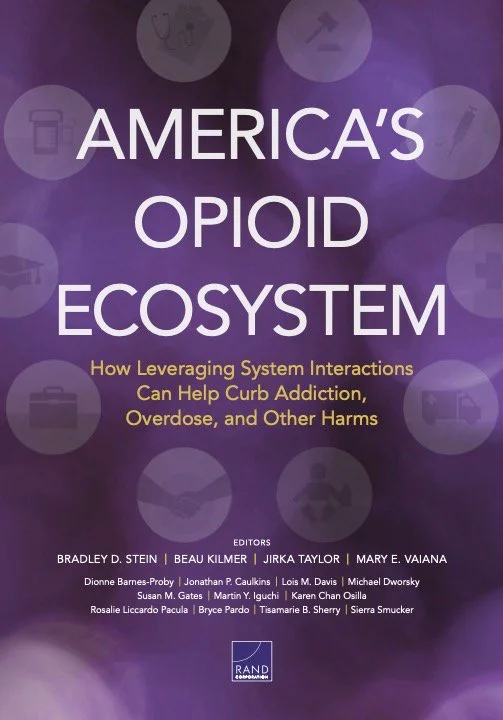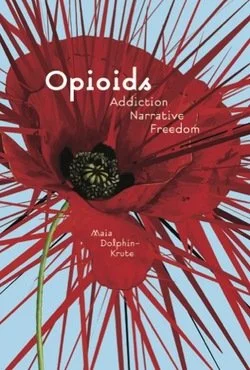By Matthew Chidozie Ogwu, MalikMatěj Malík, Pavel Tlustoš, Jiří Patočka
Fenethylline (street name, captagon) is a synthetic amphetamine-type stimulant that is emerging as a significant public health and security concern, particularly in the Middle East. This systematic review synthesizes original research articles, epidemiological studies, systematic reviews, policy analyses, and case reports to provide a comprehensive analysis of fenethylline’s health impacts, addiction potential, and dynamics of illicit trade. Initially developed for therapeutic use, fenethylline illicit production and use have escalated, raising concern about its physiological, psychological, and socio-economic impacts. This stimulant profoundly affects the central nervous system, enhancing wakefulness, concentration, and physical stamina while inducing euphoria. These effects come at the cost of serious adverse health outcomes, particularly with prolonged or heavy use, including cardiovascular complications, neurological damage, and addiction. The dependence-forming nature of captagon contributes to escalating substance use disorders, placing a burden on healthcare systems. Beyond its biomedical implications, fenethylline trafficking has become a global issue, with supply chains deeply intertwined with politically unstable regions where illicit economies thrive. The geopolitical dimensions of captagon’s trade amplify its global security threat, influencing international relations and regional stability. This paper underscores the urgent need for systematic data collection and coordinated efforts to regulate illicit fenethylline production and distribution. Strategies such as improved surveillance, public health interventions, and international cooperation are essential to mitigate its escalating risks. Addressing this issue requires a multidisciplinary approach, integrating public health, law enforcement, and policy development to curb its impact on global health and security.
Drug and Alcohol Dependence Reports, March 2025, 39 p.





